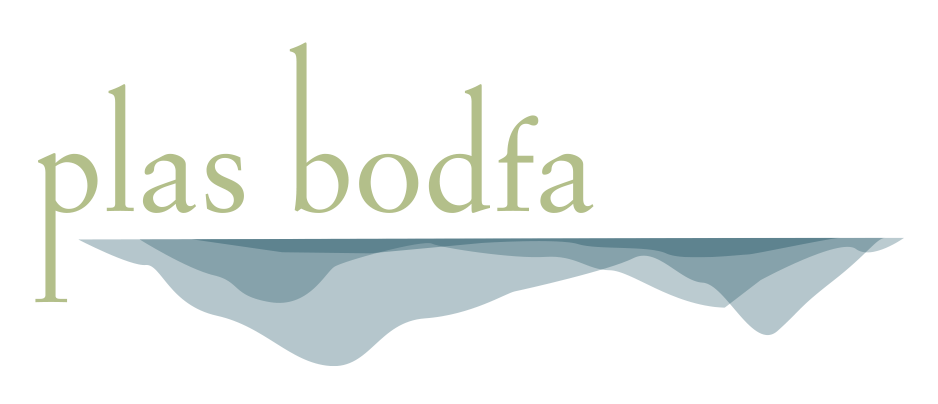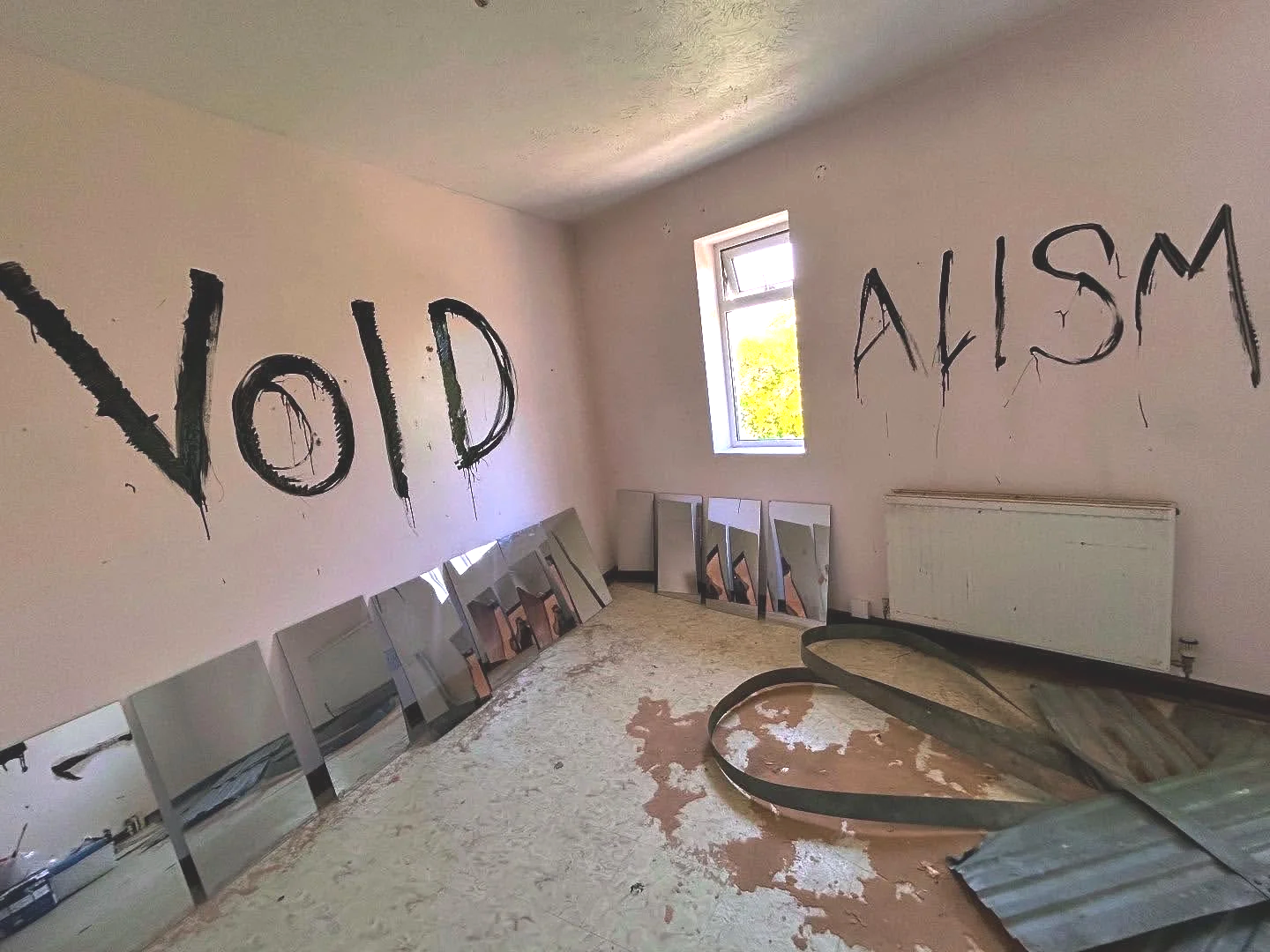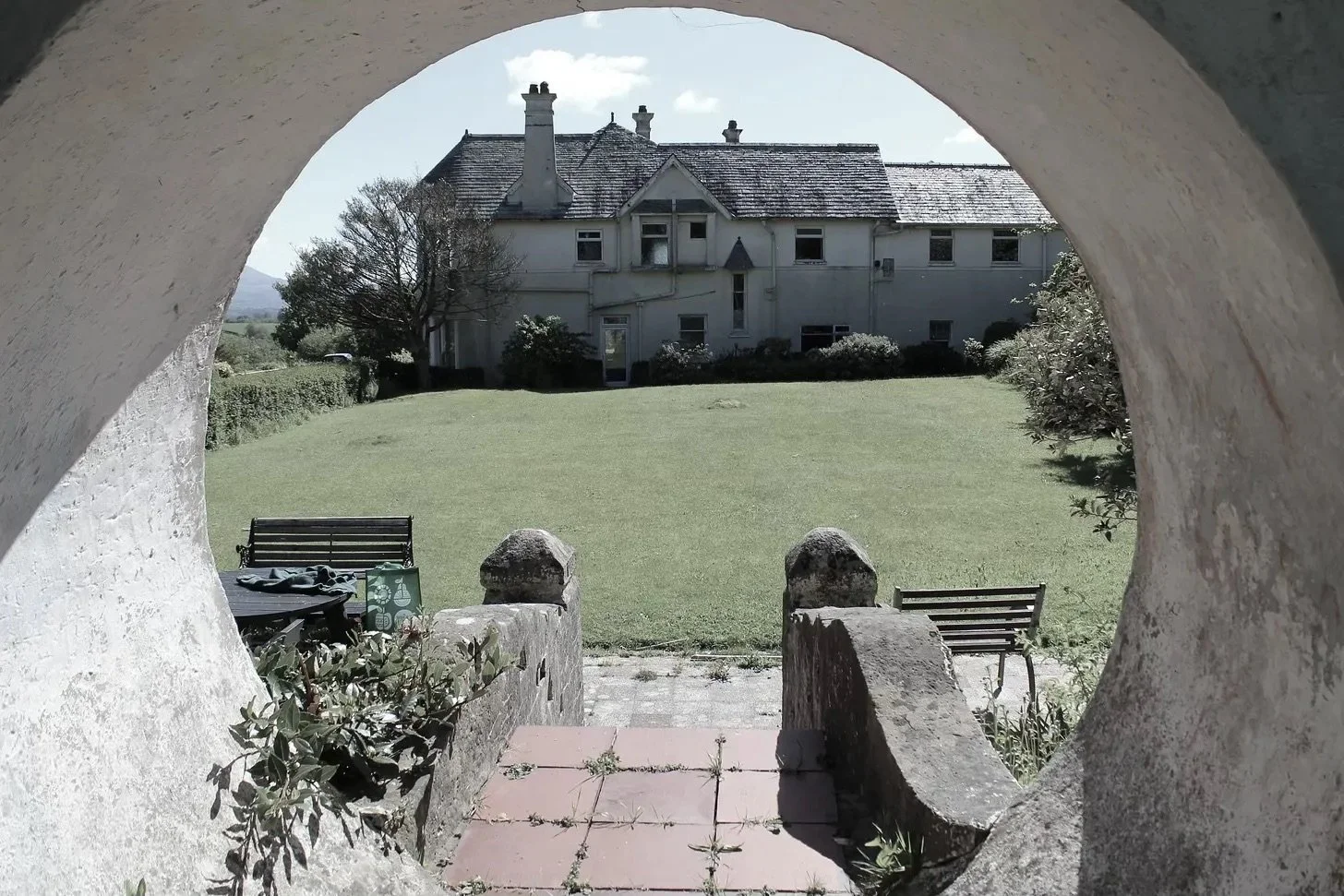VOIDALISM: Of, With and Beyond the Void
In loving memory of dear collaborator and fellow voidal rogue Charlie Blake who recently very unexpectedly passed away, it seems a good time to open out the discussion and to see what others think too.
Join in with a series of online discussion forum - relevant texts, experiences and creative works on the void, leading to potential artistic outputs.
please contact yeoldefinch@gmail.com to attend
VOIDALISM Reading and Practice Sessions
27th November 6-7.30 UK time - Practice - Disclaimers and Other Legal Voids - Carey Young (TBC)
18th December 6-7.30 UK time - Reading - Decreation - Weil, S. (1977). Decreation, In G. Panichas (Ed.), Simone Weil reader (pp. 350-356). New York, NY: David McKay Company. Reading found here.
22nd January 6-7.30 UK time - Practice - Void Fraction - Julie Upmeyer and Mari Rose Pritchard
19th February 6-7.30 UK time - Reading - Ferreira da Silva, D. (2017). 1 (life) ÅÄ 0 (blackness) = ∞ − ∞ or ∞ / ∞: On Matter beyond the Equation of Value, E-Flux. Issue #79. Reading found here.
19th March 6-7.30 UK time - Practice - Archeological Void - Sibel Horada (TBC)
23rd April 6-7.30 UK time - Reading - The Outside and the Fold - Badiou, A. (2000). in Deleuze: The Clamor of Being (pp.79-95). London: University of Minneapolis Press. Reading found here.
1st May 6-7.30 - Practice - Voidalism - Luce F-M
Standing in or on the edge of…
A meditation on the void whilst spending time in residency at Plas Bodfa.
Part theory, part pratice = praxis? Voidalism is certainly a way of living and has occupied our minds for some time. As part of Lucy Finchett-Maddock’s ongoing artist residency at Plas Bodfa investigating the nature and being of the void, invitations are being made to really think through what on earth we mean by the void!
“Everyone is actually someone in whose stead no one can enter.”
The term follows from the Latin term vocitare, “to make empty”. In Welsh ‘gwagle’ or ‘annilys’ (with a familiar latinate ‘nil’ or ‘null’ present), referring to that which is empty, and also invalid. Legally, there are many connotations here invoking states of exception (where emergency state measures may ensue and rights are suspended). It can also infer a terra nullis, a land occupied by noone, a legal claim to settlement used as a justification for colonisation .. and now we of course know, that no land is occupied by noone. So the void can be controversial, not least for its connotation to lack or the female vacuum. And yet there are so many understandings of it, from quantum physics, to religious and existential experiences of breakdown and breakthrough, it feels important to examine its very (non)existence - and not avoid the void altogether, and really try and make use of it - even if it doesn’t exist! Seeming as we are on a perpetual, and ever accelerating, edge.
Lucy Finchett-Maddock is an artist, thinker, and educator. Lucy is known for her critical legal theoretical and contemporary philosophical writings on law.


